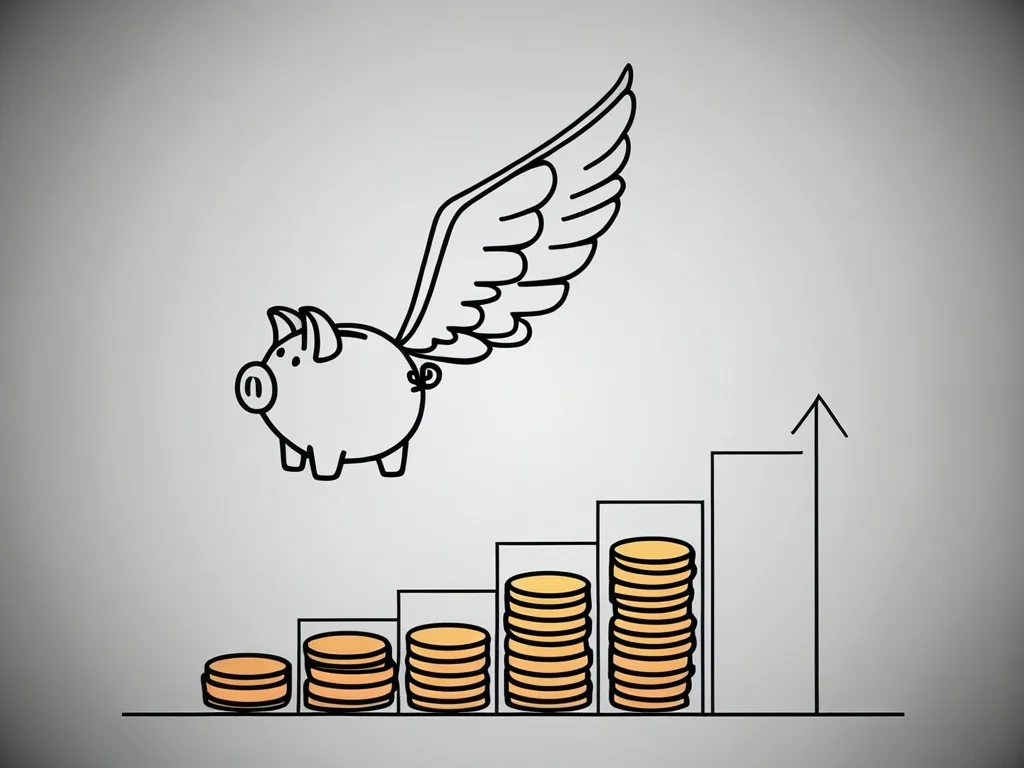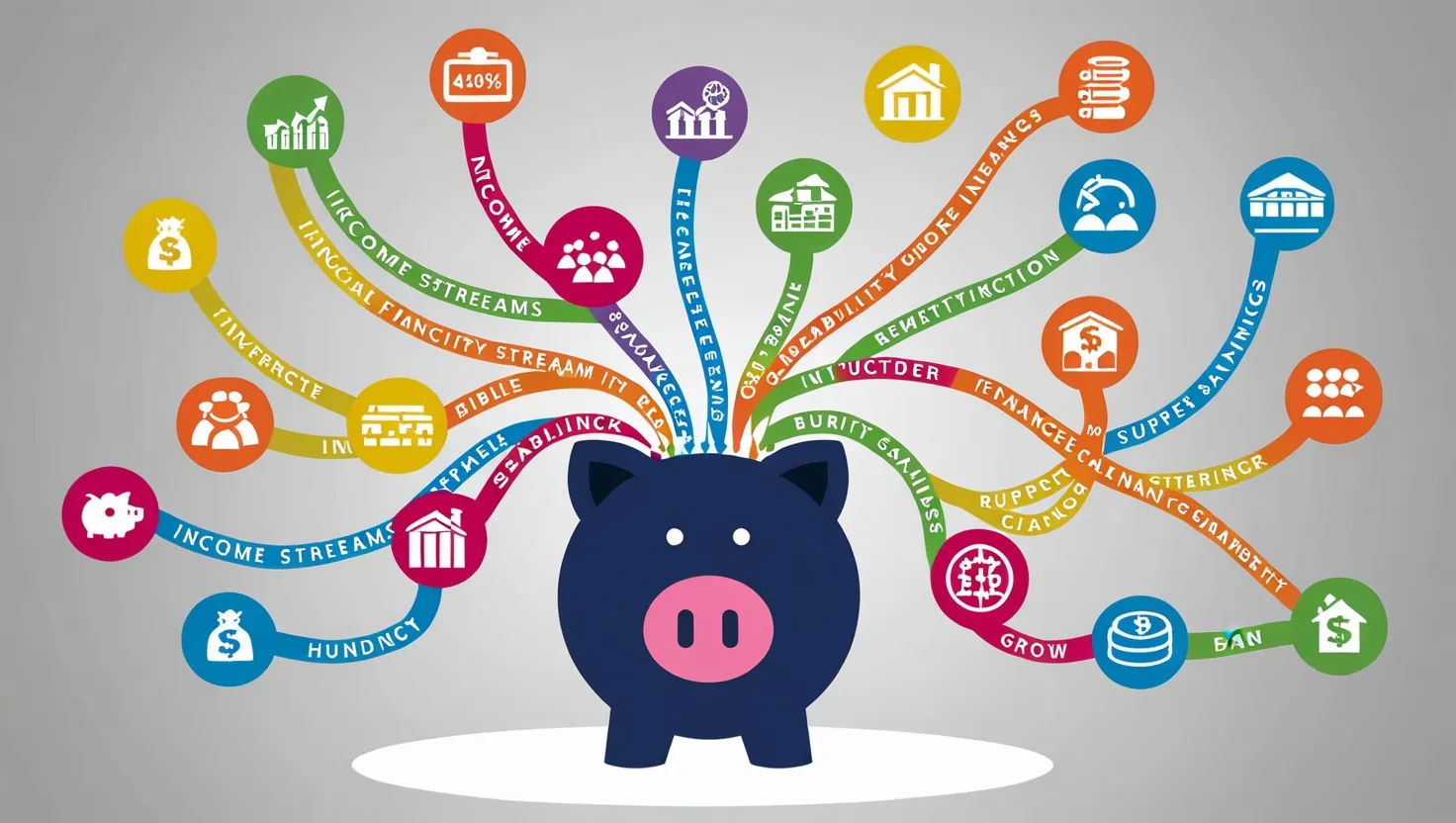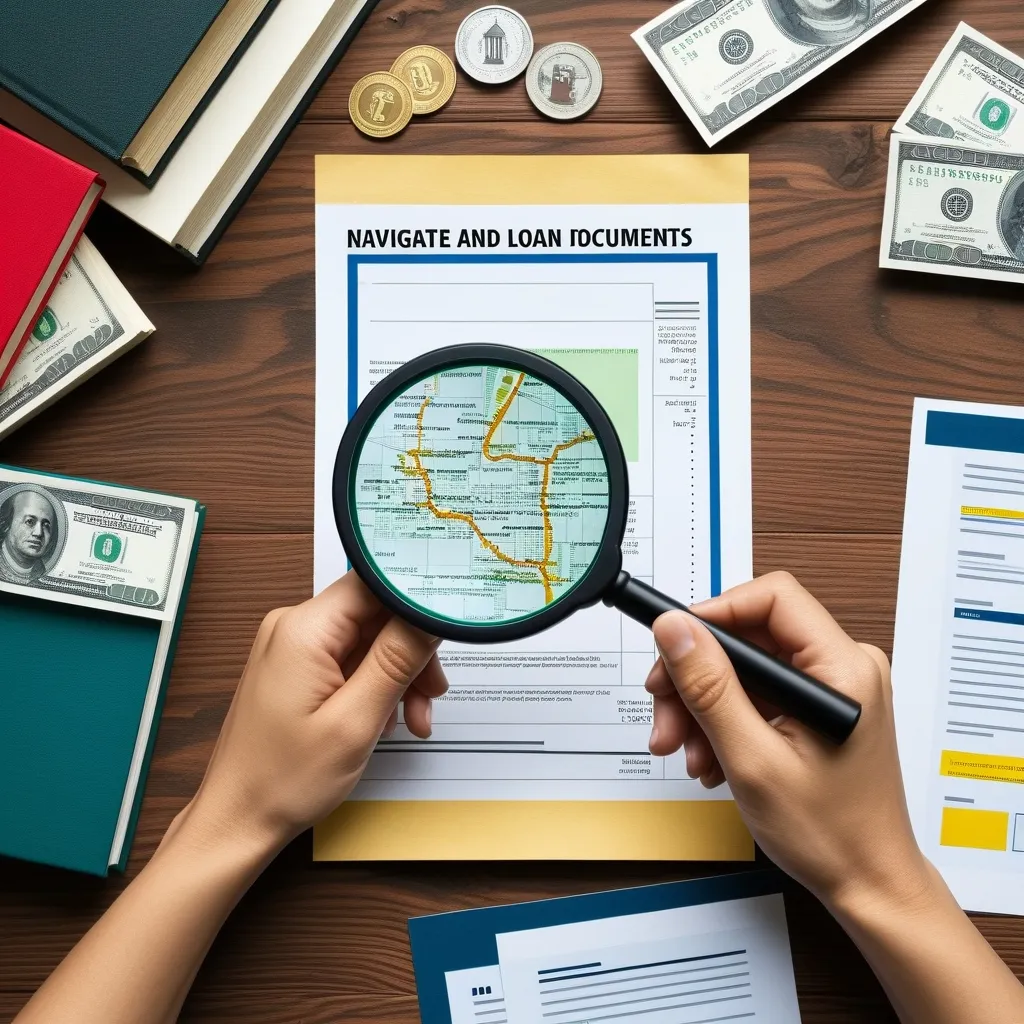Retiring before hitting the big 6-0—sounds like a dream, right? Well, it can actually be a reality with some smart planning, a bit of discipline, and a clear grip on your finances. Let’s walk through how you can turn this dream into your golden years in the sun.
Save Like There’s No Tomorrow
First things first, you’ve got to start saving like your life depends on it—because in a way, your dream life does. While many folks save around 4% of their earnings, that won’t cut it if you’re eyeing an early retirement. Aim for at least 10% to 15% of your income. For the truly committed, saving 50% to 70% of what you make isn’t unheard of.
Let’s break this down: If you’re making $100,000 a year, you should be saving $10,000 to $15,000 annually at the minimum. This isn’t pocket change, so you’ll have to reconsider some of your spending habits. Maybe cut back on dining out, cancel those extra subscriptions, or find ways to lower your housing costs.
Boost Your Income
To stockpile those savings, you’ll want to maximize your income. Look for ways to earn more in your current job—whether that’s putting in extra hours, gunning for a promotion, or even switching to a higher-paying role. Beyond that, think about side gigs or freelance work to fatten your wallet.
Got a spare room? Turn it into an Airbnb and watch the cash flow in. Or maybe you have a skill that others need—offer consulting services or freelance work. The more income streams, the merrier your early retirement fund will be.
Clamp Down on Spending
Minimizing expenses is key to boosting your savings. Start with the little things—cut down on streaming services, eat out less, and drop unused memberships. These small changes will add up over time.
For bigger savings, focus on major expenses like housing. Think about moving into a smaller place or relocating to a cheaper neighborhood. These moves can save you thousands each year, padding your retirement fund nicely.
Get Smart About Investing
Saving is crucial, but investing is where you can really grow your money. Max out your employer’s retirement plan, individual retirement accounts (IRAs), health savings accounts (HSAs), and whatever else you can get your hands on.
Spread your investments across various avenues—stocks, bonds, mutual funds. The earlier you start investing, the better, thanks to the magic of compound interest. Even contributing $5,000 a year to your retirement account from age 30 to 50 can accumulate a solid nest egg by the time you’re ready to kick back and relax.
Draw Up a Post-Retirement Budget
A foolproof post-retirement budget is essential. Tally up the monthly income from pensions, Social Security, and your savings, and compare it to your expected monthly expenses, including taxes.
Remember to account for all possible life events. Maybe you won’t have your mortgage paid off when you retire, or your spouse might still be working, which can add income but also expenses. If your expenses outstrip your income, you might need to adjust the retirement timeline, save more now, cut your budget, or think about part-time work.
Plan Your Social Security and Pensions Wisely
Social Security and pensions will play a big part in your retirement income. But take these benefits early, and you’ll get smaller payments. For instance, starting Social Security at 62 means 30% less monthly income compared to waiting until your full retirement age. Each year you delay Social Security beyond that up to age 70, you get an extra 8% in benefits.
If you have a pension, consult with your employer’s pension administrator to get an idea of what you can expect. Also, consider how taking benefits early could affect a spouse’s survivor benefits if you’re in a two-income household.
Resist Early Withdrawals from Retirement Accounts
It might be tempting to dip into your retirement accounts for big purchases, but think twice. Most accounts slap you with a 10% penalty for early withdrawals before age 59.5, plus ordinary income tax on the amount taken out. There are exceptions, like the “rule of 55,” but even then, you’ll still owe income tax.
Explore Alternative Income Streams
Additional income streams can help cover expenses and fuel your savings. Think about investing in rental properties or diving into side hustles to earn extra cash. If you’ve got a marketable skill, consider offering consulting services or freelance work.
Prepare for Health Care Costs
Healthcare can be a major expense, especially if you retire before Medicare kicks in at 65. Health Savings Accounts (HSAs) are useful here—contributions are tax-free, they grow tax-deferred, and withdrawals for qualified expenses are tax-free. These accounts roll over year to year and follow you if you change employers.
Reflect on Your Priorities
Ask yourself what’s more important: enjoying life now or in retirement? You don’t have to choose one over the other, but finding a balance helps. Maybe instead of an annual vacation, opt for one every other year. This way, you can enjoy the present while preparing for the future.
Be Cautious with Long-Term Loans and Debt
Every long-term loan you take on threatens your retirement funds. Avoid unnecessary debt, as it racks up interest you’ll then have to pay. If you do need a loan, ensure it’s for a necessary expense and aim to pay it off quickly.
Weigh the Pros and Cons of Early Retirement
Retiring early has its perks and pitfalls. On the plus side, it can be great for your health, allowing you to adopt healthier habits and cut down on work-related stress. You’ll have more time for travel and pursuing new ventures.
On the downside, early retirement can stretch your savings thin and might bring financial insecurity. It could also impact mental health if you find yourself disconnected or inactive. Weigh these factors and plan carefully to ensure a satisfying and stable retirement.
Craft a Thorough Financial Plan
A comprehensive financial plan is non-negotiable for early retirement. This plan should consider a longer lifespan, risk tolerance, and your desired lifestyle. A financial advisor can offer solid guidance, helping you tailor a plan to your specific situation.
In a nutshell, retiring before 60 isn’t just a pipe dream. By saving aggressively, boosting your income, controlling your spending, investing smartly, planning your post-retirement budget, and considering alternative income streams, you can make it a reality. Don’t forget to reflect on your priorities and weigh the pros and cons to ensure a life that’s not only financially secure but also fulfilling and enjoyable.






